Don’t Bet Against Warren Buffett
Not only is the Oracle of Omaha as sharp as ever, his company, Berkshire Hathaway, is trading at a discount

Profit and prosper with the best of Kiplinger's advice on investing, taxes, retirement, personal finance and much more. Delivered daily. Enter your email in the box and click Sign Me Up.
You are now subscribed
Your newsletter sign-up was successful
Want to add more newsletters?

Delivered daily
Kiplinger Today
Profit and prosper with the best of Kiplinger's advice on investing, taxes, retirement, personal finance and much more delivered daily. Smart money moves start here.

Sent five days a week
Kiplinger A Step Ahead
Get practical help to make better financial decisions in your everyday life, from spending to savings on top deals.

Delivered daily
Kiplinger Closing Bell
Get today's biggest financial and investing headlines delivered to your inbox every day the U.S. stock market is open.

Sent twice a week
Kiplinger Adviser Intel
Financial pros across the country share best practices and fresh tactics to preserve and grow your wealth.

Delivered weekly
Kiplinger Tax Tips
Trim your federal and state tax bills with practical tax-planning and tax-cutting strategies.

Sent twice a week
Kiplinger Retirement Tips
Your twice-a-week guide to planning and enjoying a financially secure and richly rewarding retirement

Sent bimonthly.
Kiplinger Adviser Angle
Insights for advisers, wealth managers and other financial professionals.

Sent twice a week
Kiplinger Investing Weekly
Your twice-a-week roundup of promising stocks, funds, companies and industries you should consider, ones you should avoid, and why.

Sent weekly for six weeks
Kiplinger Invest for Retirement
Your step-by-step six-part series on how to invest for retirement, from devising a successful strategy to exactly which investments to choose.
To many investors, Warren Buffett is over the hill. At 83, they say, he has lost more than a few steps. Over the past five years, the Class B shares of Berkshire Hathaway (BRK.B), the sprawling conglomerate he presides over, returned an annualized 14.8%—an average of 3.9 percentage points per year less than Standard & Poor’s 500-stock index. There’s nothing cutting edge about the insurance companies, railroads and utilities Berkshire owns. What’s more, when Buffett leaves Berkshire, who will manage the company?
See Also: Dividends from Berkshire? Not on Buffett's Watch
To all that skepticism, Matthew Coffina, editor of Morningstar Stock Investor, says, essentially, “nuts.” I couldn’t agree with him more.
Sure, Berkshire’s stock will lag in powerful markets, as it has in the current one. But Coffina says Berkshire will handily beat the S&P 500 in flat and down years. Overall, he predicts that Berkshire will return roughly 10% annually over the next ten years, and that should easily outpace the S&P 500.
From just $107.88 $24.99 for Kiplinger Personal Finance
Become a smarter, better informed investor. Subscribe from just $107.88 $24.99, plus get up to 4 Special Issues

Sign up for Kiplinger’s Free Newsletters
Profit and prosper with the best of expert advice on investing, taxes, retirement, personal finance and more - straight to your e-mail.
Profit and prosper with the best of expert advice - straight to your e-mail.
Coffina has made Berkshire the largest position—10.9%—in his newsletter’s model “tortoise” portfolio. (The newsletter also has a “hare” portfolio, which consists of slightly more-volatile stocks.) At its current price of $122, Berkshire shares are $21 below Morningstar’s $143-per-share estimate of Berkshire’s fair value. With so few stocks selling below what Morningstar analysts consider to be fair value, Berkshire looks like a steal. (Unless otherwise noted, prices and returns are as of April 11.)
Berkshire’s long-term record is astounding. Berkshire high-priced Class A shares have returned an annualized 20.7% since Buffett took over the company in 1965. That’s more than double the return of the S&P 500. Ancient history? Since October 9, 2007, just as the catastrophic 2007-09 bear market was getting under way, Berkshire has returned an annualized 6.3%, an average of 1.7 percentage points better than the S&P index. (Berkshire’s Class B shares came into existence in 1996.)
But Buffett doesn’t focus on share price as much as he does on book value (assets minus liabilities), his preferred method of figuring his company’s performance. From 1965 through the end of 2013, Berkshire’s book value has compounded at an average annual rate of 19.7%. That said, Buffett believes that book value underestimates the “intrinsic,” or true, value of his company by a “meaningful amount.” He has said that Berkshire, which is awash in cash, will buy back shares when they fall to 120% of book value, or about $108.
Buffett’s buyback plans, Coffina says, “put a psychological floor under the stock, not that far below where we are currently.”
Perhaps the biggest question on the minds of Berkshire shareholders is who will replace Buffett and Vice Chairman Charlie Munger, who are both in their 80s, when they leave the scene. Buffett has hired two talented stock pickers, Ted Weschler and Todd Combs, to manage Berkshire’s massive stock portfolio; each already manages $7 billion worth of Berkshire assets. The bigger issue will be who runs the rest of the company. Buffett and the Berkshire board say they have a plan in place and have identified potential successors, but haven’t disclosed any names yet.
No doubt Berkshire’s price will plunge when Buffett announces his retirement or dies. But Coffina says Buffett is “taking the right steps to ensure that Berkshire’s culture endures.” He adds: “Berkshire has assembled a unique collection of businesses with solid management, sustainable competitive advantages and the ability to compound intrinsic value for years to come.”
Buffett likes to say that he stays within his “circle of competence” when buying stocks or entire companies. That has led him to avoid technology altogether. The empire he has built contains an enormous number of companies in a variety of businesses.
Berkshire’s “crown jewels,” says Coffina, are in its insurance businesses: Geico and reinsurers General Re and Berkshire Hathaway Reinsurance. Berkshire’s financial strength gives it the capital to underwrite risks that most firms can’t—or won’t—touch. Coffina says Berkshire’s underwriting discipline and investing discipline distinguish it from competitors.
The insurance businesses allow Buffett to invest money during the often lengthy period after premiums are received but before claims must be paid out to policyholders. This “float” now stands at $77 billion.
Outside of insurance, Berkshire owns the Burlington Northern Santa Fe railroad and utility MidAmerican Energy, in addition to a hodgepodge of other businesses. Among the more recognizable names: Fruit of the Loom, Benjamin Moore paints, Shaw carpets, Dairy Queen and Clayton Homes.
To get a sense of just how sprawling Berkshire is, the 30-plus newspapers it owns represent no more than a rounding error in the company’s $222 billion book value.
Coffina puts it well: “Berkshire’s existing businesses can stand on their own. Although I think management will continue to add value for shareholders through new acquisitions and investments, this isn’t necessary for Berkshire to be a worthwhile holding.”
Plus, of course, Berkshire has major stock holdings in such companies as American Express (AXP), Coca-Cola (KO), International Business Machines (IBM) and Wells Fargo (WFC).
My bottom line: Buffett is to investing as Albert Einstein was to physics. Buffett may well be past his prime, but Einstein was a pretty smart old man, too.
Steve Goldberg is an investment adviser in the Washington, D.C., area.
Profit and prosper with the best of Kiplinger's advice on investing, taxes, retirement, personal finance and much more. Delivered daily. Enter your email in the box and click Sign Me Up.

-
 Quiz: Do You Know How to Avoid the "Medigap Trap?"
Quiz: Do You Know How to Avoid the "Medigap Trap?"Quiz Test your basic knowledge of the "Medigap Trap" in our quick quiz.
-
 5 Top Tax-Efficient Mutual Funds for Smarter Investing
5 Top Tax-Efficient Mutual Funds for Smarter InvestingMutual funds are many things, but "tax-friendly" usually isn't one of them. These are the exceptions.
-
 AI Sparks Existential Crisis for Software Stocks
AI Sparks Existential Crisis for Software StocksThe Kiplinger Letter Fears that SaaS subscription software could be rendered obsolete by artificial intelligence make investors jittery.
-
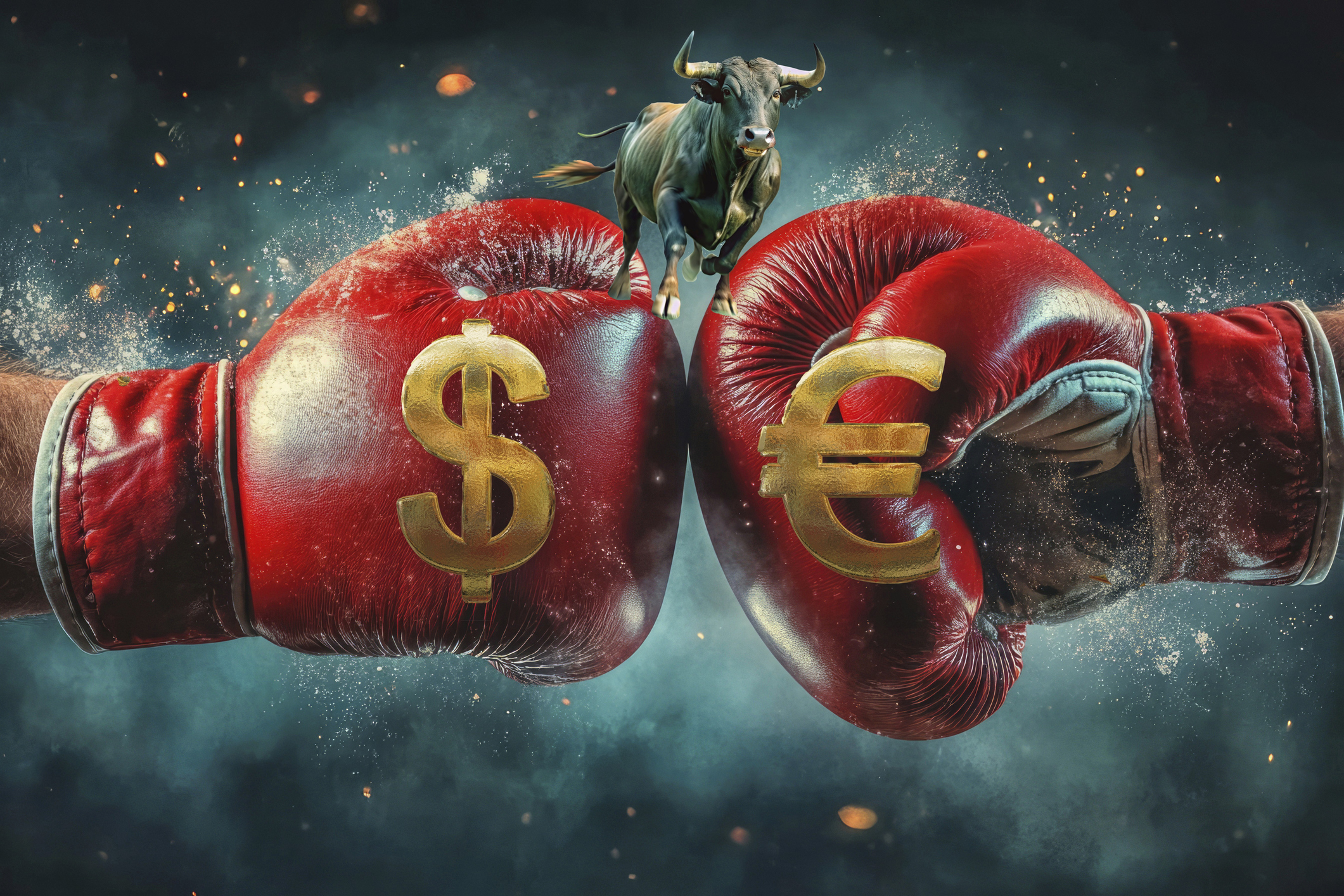 Dow Soars 588 Points as Trump Retreats: Stock Market Today
Dow Soars 588 Points as Trump Retreats: Stock Market TodayAnother up and down day ends on high notes for investors, traders, speculators and Greenland.
-
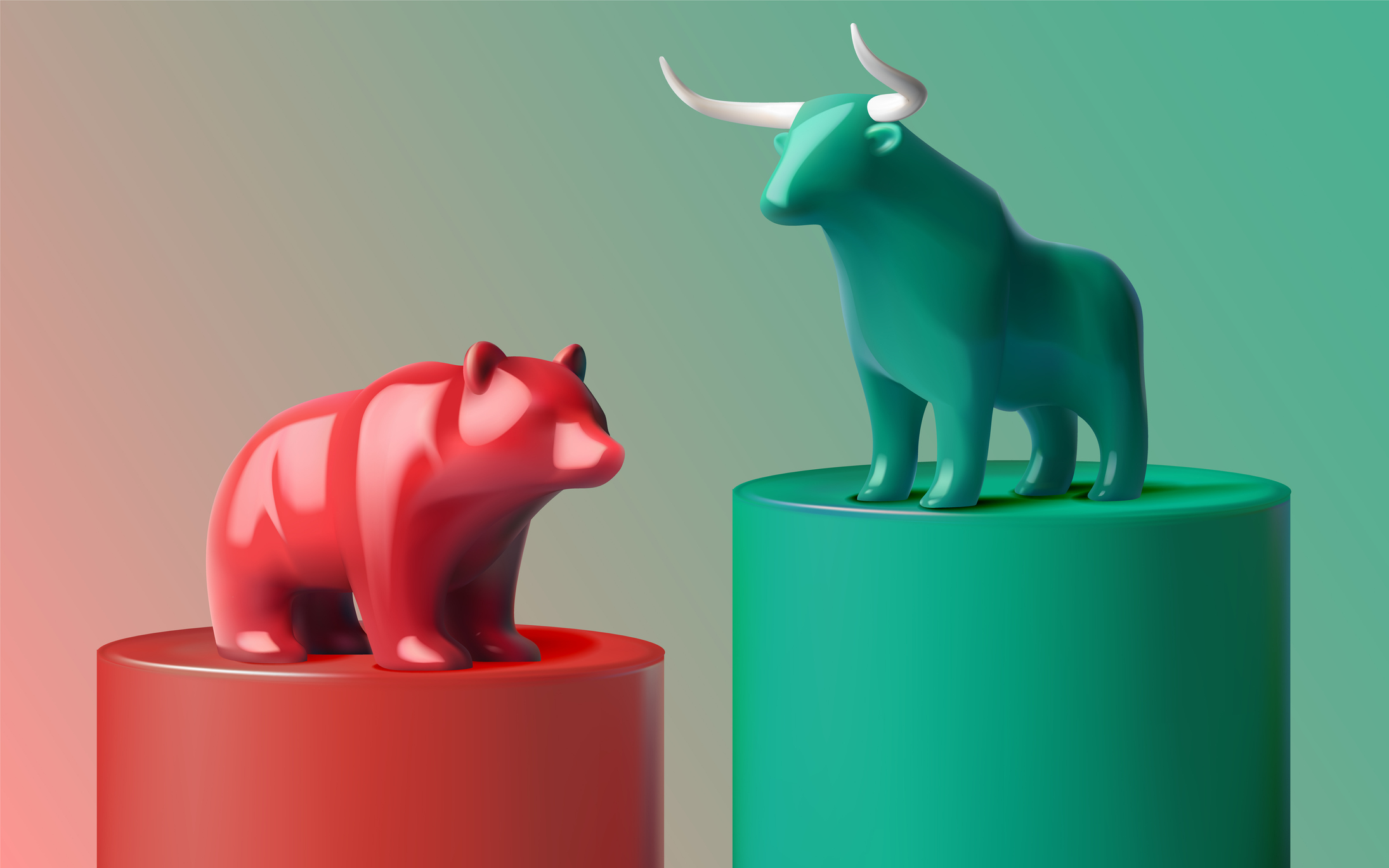 Stocks Struggle for Gains to Start 2026: Stock Market Today
Stocks Struggle for Gains to Start 2026: Stock Market TodayIt's not quite the end of the world as we know it, but Warren Buffett is no longer the CEO of Berkshire Hathaway.
-
 Risk Is On Again, Dow Jumps 381 Points: Stock Market Today
Risk Is On Again, Dow Jumps 381 Points: Stock Market TodayThe stock market started the week strong on signs the government shutdown could soon be over.
-
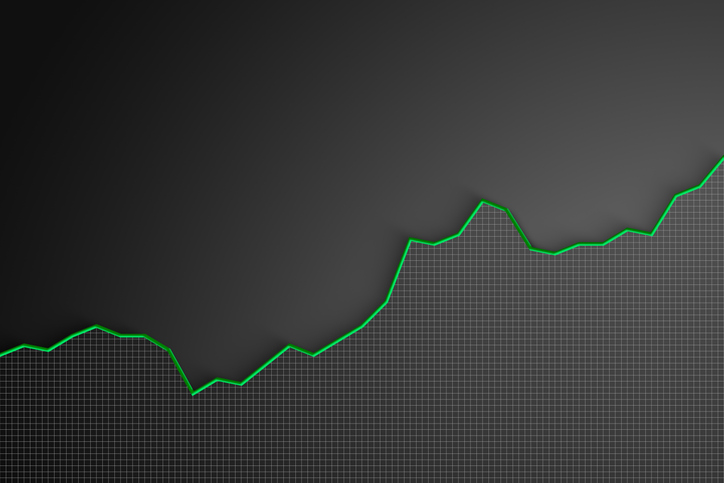 Stocks at New Highs as Shutdown Drags On: Stock Market Today
Stocks at New Highs as Shutdown Drags On: Stock Market TodayThe Nasdaq Composite, S&P 500 and Dow Jones Industrial Average all notched new record closes Thursday as tech stocks gained.
-
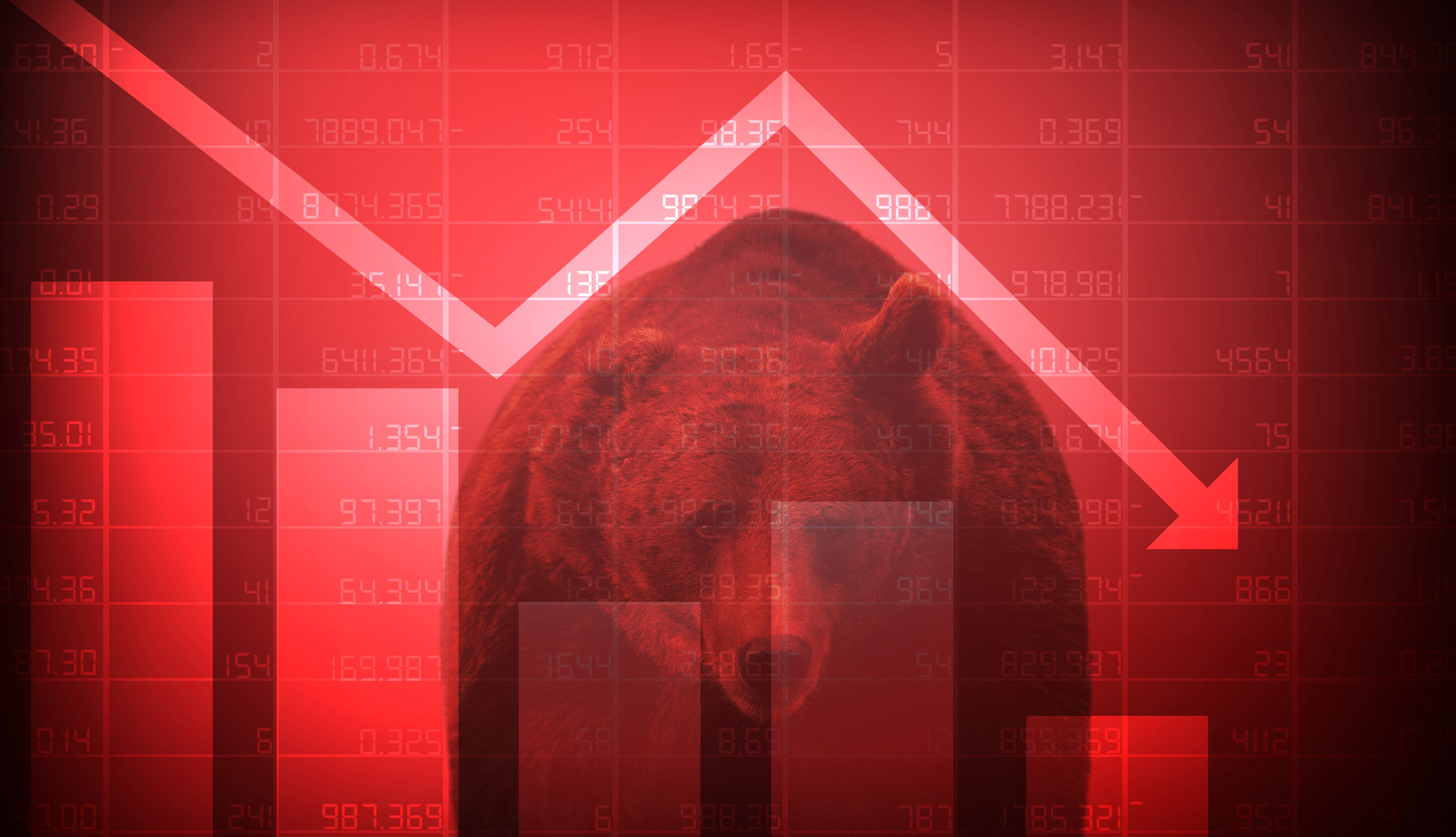 Stocks Slide to Start September: Stock Market Today
Stocks Slide to Start September: Stock Market TodaySeasonal trends suggest tough times for the stock market as we round into the end of the third quarter.
-
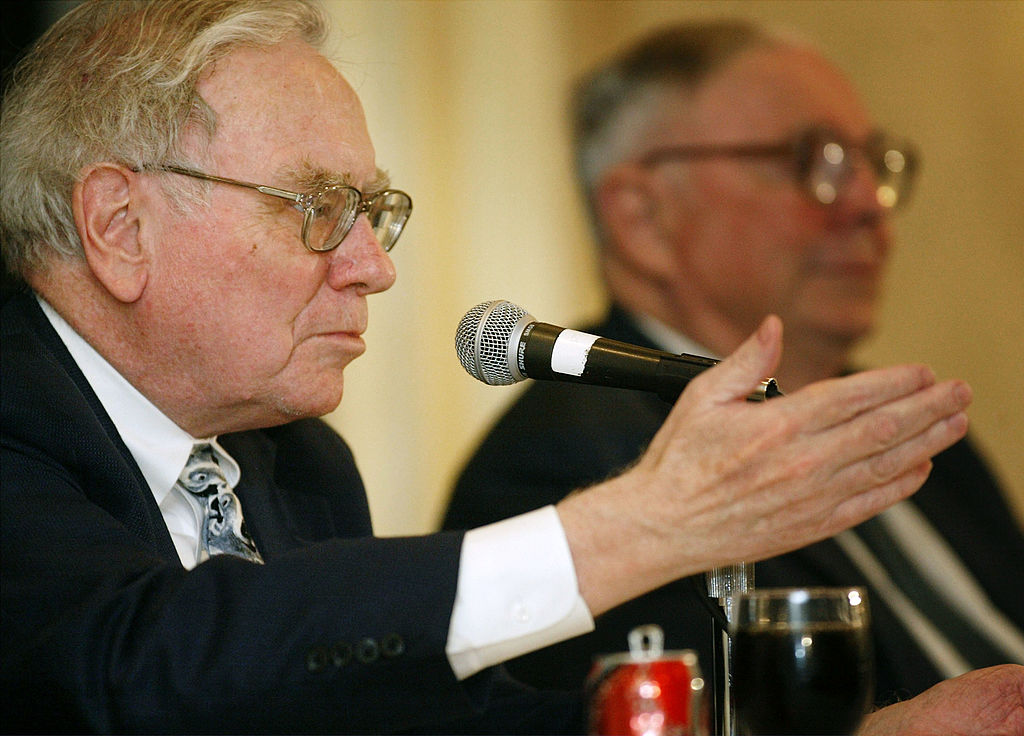 9 Warren Buffett Quotes for Investors to Live By
9 Warren Buffett Quotes for Investors to Live ByWarren Buffett transformed Berkshire Hathaway from a struggling textile firm to a sprawling conglomerate and investment vehicle. Here's how he did it.
-
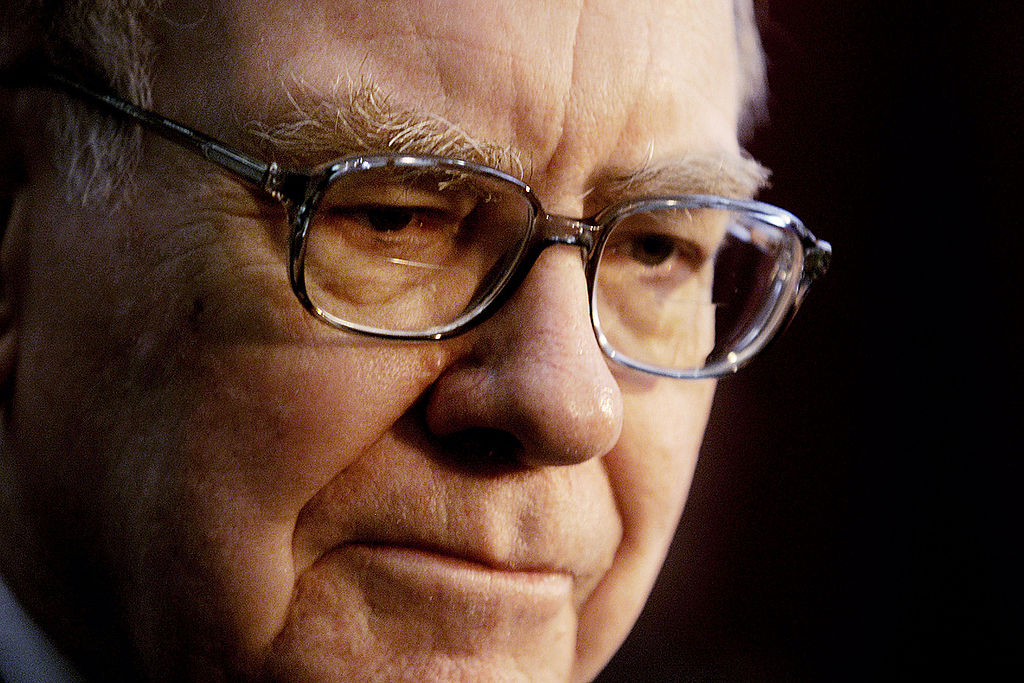 A Timeline of Warren Buffett's Life and Berkshire Hathaway
A Timeline of Warren Buffett's Life and Berkshire HathawayBuffett was the face of Berkshire Hathaway for 60 years. Here's a timeline of how he built the sprawling holding company and its outperforming equity portfolio.
-
 Berkshire Buys the Dip on UnitedHealth Group Stock. Should You?
Berkshire Buys the Dip on UnitedHealth Group Stock. Should You?Buffett & Co. picked up UnitedHealth stock on the cheap, with the embattled blue chip one of the newest holdings in the Berkshire Hathaway equity portfolio.